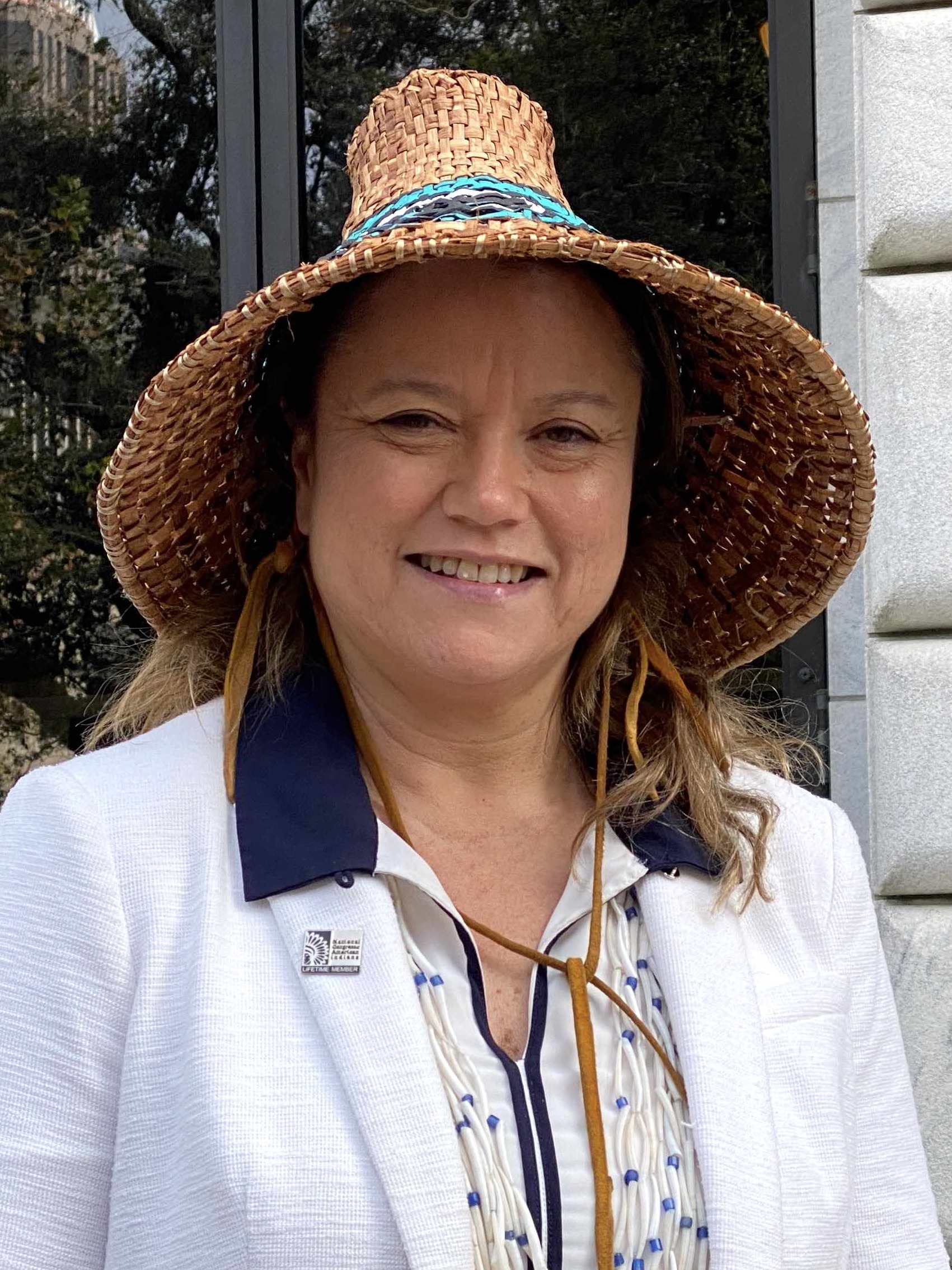The World Economic Forum is underway in Davos, Switzerland. The forum will bring together more than 3,000 individuals from both the public and private sector to “engage in peer-to-peer deliberations in the spirit of improving the state of the world,” according to the WEF website.

Among the attendees at the 53rd convening of the World Economic Forum is National Congress of American Indians (NCAI) President Fawn Sharp ( Quinault Indian Nation).
“It is an honor to be able to participate in the World Economic Forum this year and to have an opportunity to work with individuals from around the planet to find a path forward on the greatest threats to our planet and our communities,” said Sharp. “I am particularly blessed to be able to raise the voice of Indigenous peoples from across the globe during the meetings and make sure that we are heard.”
The engagement at the forum builds on NCAI’s continued dedication to advancing the rights of tribal nations and Indigenous peoples internationally, according to a press release distributed by NCAI on Monday.
Sharp has dedicated much of her life—including her time as NCAI President—to fighting for tribal sovereignty and tribal self-determination, including advancing the rights guaranteed to all Indigenous peoples under the United Nations Declaration on the Rights of Indigenous Peoples.
“There is no issue more critical to the lives of Indigenous peoples and to the health of our shared home than global climate change,” Sharp said, “and even in the face of incredible odds, I know the invaluable contributions to the fight against Climate Change that Native Americans and our Indigenous relatives globally will make to turn the tide.”
More Stories Like This
Native News Weekly (August 25, 2024): D.C. BriefsNavajo Nation Mourns the Passing of Former Vice President Rex Lee Jim
Deb Haaland Earns Endorsement From Communications Workers of America Local 7076
University Soccer Standout Leads by Example
Two Native Americans Named to Democratic Congressional Campaign Committee's“Red to Blue” Program
Help us defend tribal sovereignty.
At Native News Online, our mission is rooted in telling the stories that strengthen sovereignty and uplift Indigenous voices — not just at year’s end, but every single day.
Because of your generosity last year, we were able to keep our reporters on the ground in tribal communities, at national gatherings and in the halls of Congress — covering the issues that matter most to Indian Country: sovereignty, culture, education, health and economic opportunity.
That support sustained us through a tough year in 2025. Now, as we look to the year ahead, we need your help right now to ensure warrior journalism remains strong — reporting that defends tribal sovereignty, amplifies Native truth, and holds power accountable.
 The stakes couldn't be higher. Your support keeps Native voices heard, Native stories told and Native sovereignty defended.
The stakes couldn't be higher. Your support keeps Native voices heard, Native stories told and Native sovereignty defended.
Stand with Warrior Journalism today.
Levi Rickert (Potawatomi), Editor & Publisher


